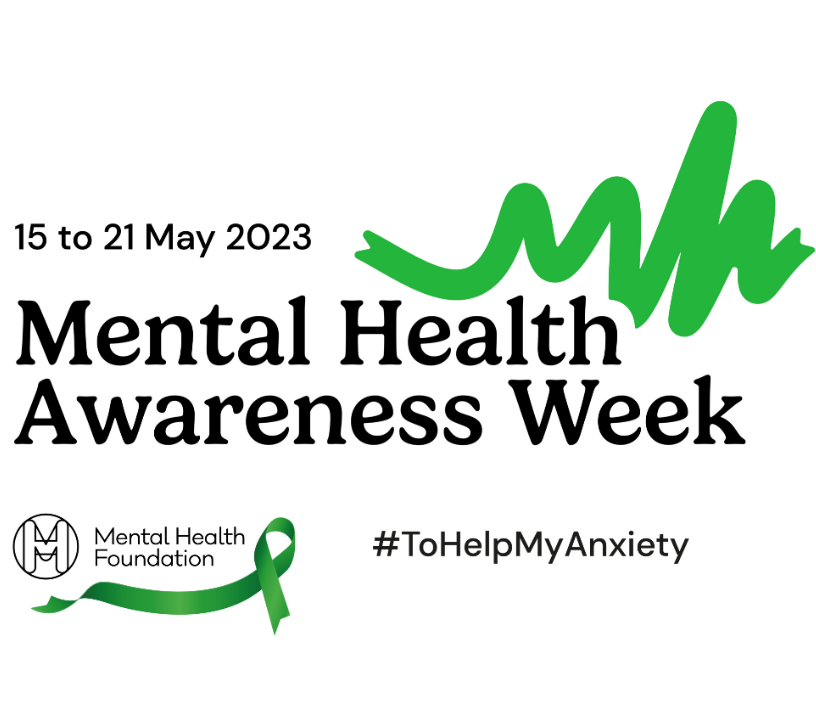Mental health: reflections through an educational psychology lens
This week is Mental Health Awareness Week. Understanding mental health - specifically in children and young people - is a crucial part of our work as educational psychologists.
Mental health is commonly understood as an internal process - we all experience both poor and good mental health as something happening 'inside us' because we ourselves can directly feel the effects. Despite this intuitive sense that mental health is an internal process, our subjective experiences of mental health are generated through a complex interaction between our environment, our interactions with others and our own internal biological processes.
Traditionally, educational psychologists have looked to Bronfenbrenner’s ecological systems theory to account for environmental influences in child development. He argued that the microsystem (influences from school, family etc.) had the most impact on child development followed by the exosystem (mass media, government etc.) and the macrosystem (societal beliefs and ideologies).
Clinical Psychologist, David Smail, helps us to refine the way in which we look at systems. Smail discusses distal and proximal influences in relation to mental health, defining distal influences as those at a distance from the individual (e.g. economics, politics, culture, ideology) and proximal influences as those close to an individual (e.g. work, education, social relations, family). He argues that distal influences have a far greater influence on our life than proximal ones.
Let’s apply this model to ourselves. We might do many things to promote our own mental health - such as exercise, learn new skills, practise self-compassion, connect with friends – or, sometimes, access support like counselling or CBT. These are all proximal influences in our lives and can have a valuable place in keeping us well.
However, focussing on these things alone can distract from factors that may pose a threat to our wellbeing – distal factors such as the cost of living crisis, social injustice, climate change (and, for educational psychologists working in local authorities in England, the 2014 Children and Families Act.)
That partly tongue-in-cheek final comment aside, it is important to remember that government policies can have very direct consequences for our everyday lives - and by association, our mental health. For example, the austerity agenda implemented since 2010 has been observed by UN special rapporteur, Philip Alston, to have had the following impact:
"Although the United Kingdom is the world’s fifth largest economy, one fifth of its population (14 million people) live in poverty, and 1.5 million of them experienced destitution in 2017. Policies of austerity introduced in 2010 continue largely unabated, despite the tragic social consequences. … Food banks have proliferated; homelessness and rough sleeping have increased greatly; tens of thousands of poor families must live in accommodation far from their schools, jobs and community networks; life expectancy is falling for certain groups; and the legal aid system has been decimated.
The social safety net has been badly damaged by drastic cuts to local authorities’ budgets, which have eliminated many social services, reduced policing services, closed libraries in record numbers, shrunk community and youth centres and sold off public spaces and buildings. The bottom line is that much of the glue that has held British society together since the Second World War has been deliberately removed and replaced with a harsh and uncaring ethos."
All of the factors outlined above will have negatively impacted on the mental health of thousands of people across the UK. It is therefore vital that we take distal factors into consideration in our work, rather than a focus on within-person attitudes around mental health. Most of the popular and academic psychological literature focuses on what we as individuals can do to improve our own mental health - which can lead to a ‘responsibilising mentality’ where mental health outcomes are seen as the sole responsibility of the individual, regardless of their societal situation.
If distal factors are so important how then can we, as educational psychologists, begin to address them?
Firstly, we can make sure that a person’s material conditions, positions of power, social status and connections with others take centre stage instead of purely focusing on their personal actions. We can also choose to stop using psychological tools and approaches that do not acknowledge environmental factors.
We know that it is very hard for an individual to make positive changes without also having access to a supportive change in their environment. We can facilitate those environmental changes at the microsystem level by raising awareness, reframing the ways in which mental health is viewed, and pushing for positive change within school systems and practices.
Finally, we can also find ways in which to influence change at the macrosystem level, through social and collective action – via pressure groups, political parties, our trade union and professional bodies.
‘No one can do everything, but everyone can do something, and together we can change the world.’
Ronald J Sider

Run by the Mental Health Foundation, 15th to 21st May is Mental Health Awareness Week 2023 - the theme for this year is anxiety.
Focusing on anxiety for this year's Mental Health Awareness Week aims to increase people's awareness and understanding of anxiety by providing information on the things that can help prevent it from becoming a problem. At the same time, we will keep up the pressure to demand change - making sure that improving mental health is a key priority for the government and society as a whole.
You can find out more about the work of the Mental Health Foundation and what events and resources are available this week by clicking the link below.
Latest News & Activity



